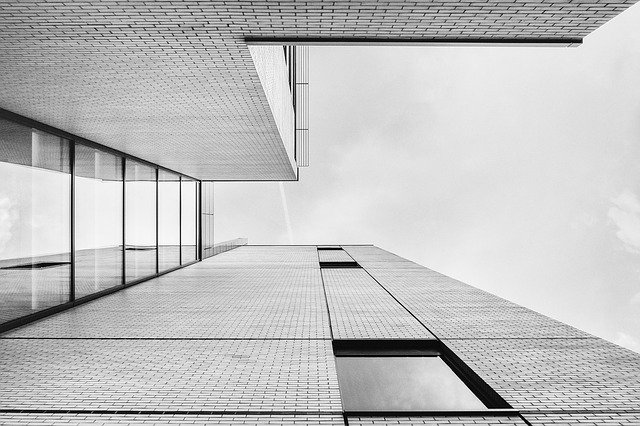Joint ventures and redevelopment

Your property-related legal queries answered by S.C. RAGHURAM, Partner, RANK Associates, a Chennai-based law firm
I own a flat in a residential colony constructed by TNHB at Mogappair. Our block consists of 48 flats. We have a registered Association which is active.
As the buildings in our colony (of over 35 years) have developed cracks and require frequent repairs, a majority of owners are interested in demolishing the entire structure and redeveloping the property by signing up for a joint venture with a reputed builder.
Out of the 48 owners, 10 owners are unwilling to get on board. In this case, can the majority pass a resolution binding the unwilling owners to abide by the decision of the Association?
Sriram
Chennai
It is not possible for the majority of the owners to compel the others to sell or develop their holding in the total extent. This must be resolved by mutual discussion and consent. If the building is dilapidated and unsafe for occupation, an application can be made to the Corporation of Chennai for declaring the building as not safe for occupation and for demolition. Once the land becomes vacant, the consenting owners may initiate legal action seeking partition of their shares in the land by metes and bounds. Further course of action will depend on the court’s decision on this.
In a joint venture, does the land owner need to pay any part of the GST for his/her share of apartments? Or should the price be borne by the builder?
Partha Dutta
Kolkata
In a joint venture or joint development, no GST is applicable for sale of undivided share in land. GST will be applicable for the services rendered by the developer to the owner as well as to the prospective buyers at the prescribed rates. Normally, the GST is borne by the receiver of services.
Leave a Reply
Your email address will not be published. Required fields are marked *
